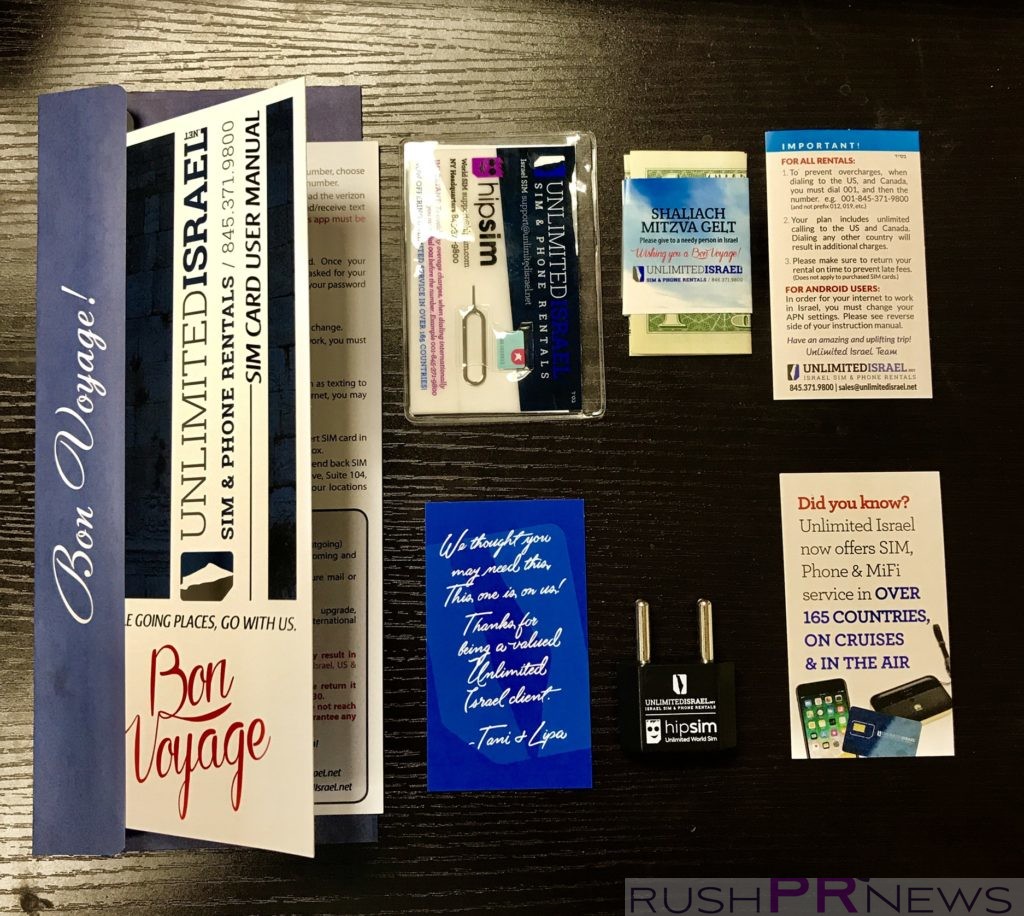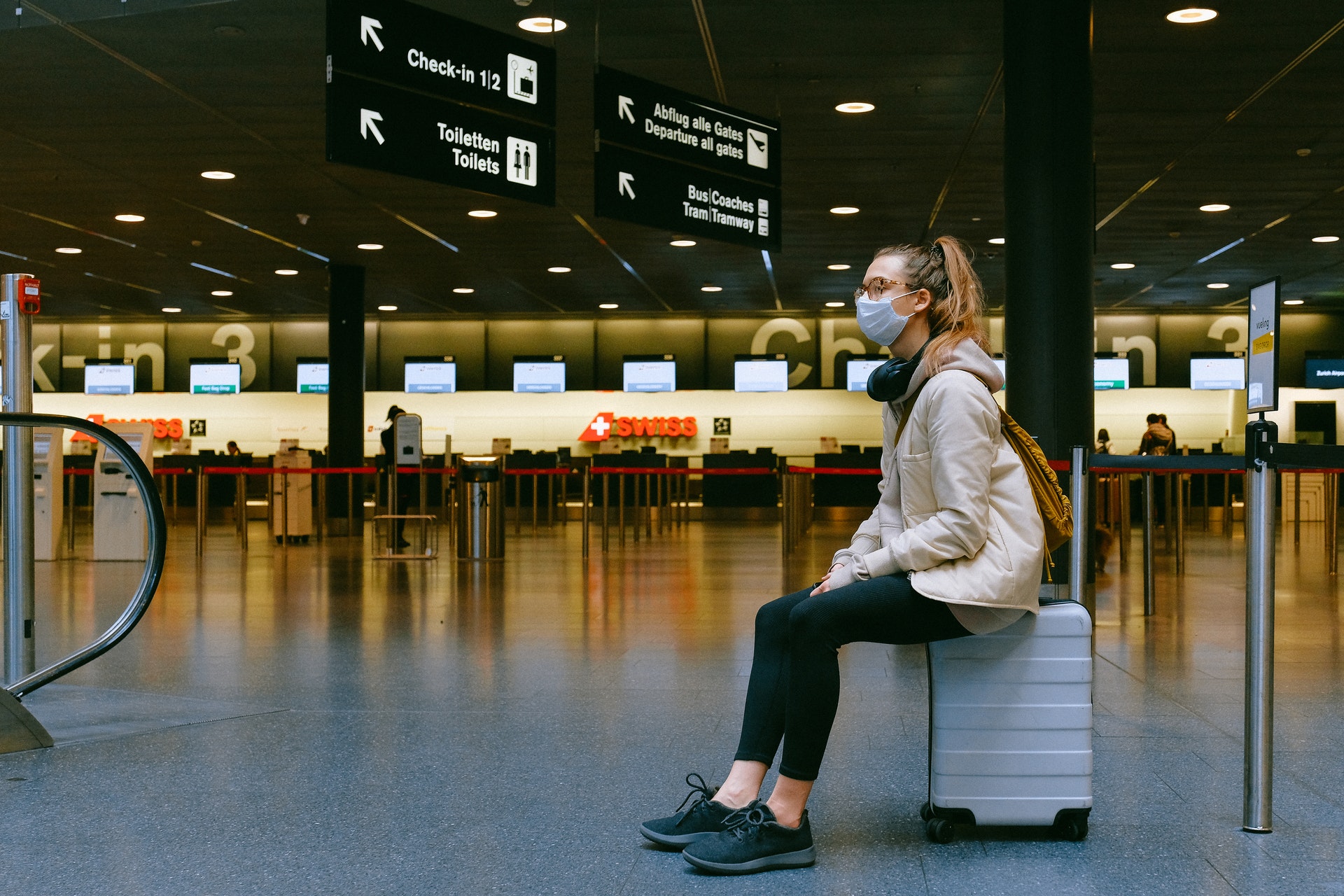Despite bans preventing U.S. travel for Iranians and citizens of four other primarily Muslim countries and U.S. State Department “do not travel” advisories for U.S. citizens traveling to similar countries, travel is still safe in much of the Middle East. For example, the State Department rates Saudi Arabia, Israel, Egypt, and some of Jordan, as Level 2 countries, the same designation that has been given to several Western countries such as Denmark, Belgium and France. It has designated other Middle Eastern countries such as the United Arab Emirates, Qatar and Kuwait as Level 1 countries. Level 1 countries are considered the safest; level 2 countries require a little extra caution but are still relatively safe. Suggested cautions include being aware of surroundings, especially in crowded venues, monitoring the local news and having a contingency plan in place.

Insurance, enrollment in a Smart traveler program, and a mobile phone that works in the country of travel are part of a contingency plan. Travel insurance that includes emergency evacuation, even in cases of civil unrest, is important. The Smart traveler program,operated by the State Department, allows travelers to enroll their trip with the consulate nearest their travel destination. They then can receive updated information on conditions within the country, as well as remain connected with the Embassy in case of trouble. Mobile phones can be made operable in Middle Eastern countries through one of two ways, depending upon the phone and carrier. A late-model quad band phone operating on the Global System for Mobile Communications works in most countries, but may need to be unlocked by the carrier. The phone may also require you rent a SIM card to work with the local carrier’s network. Alternatively, travelers can rent a model specific to the countries of travel. Hot spot rentals are also available.

U.S. citizens traveling in the Middle East also can avoid trouble through complying with local customs. While foreign women are not required to wear scarves in Muslim countries except when visiting mosques, doing so helps avoid undue attention, according to the PlanetD. Men and women should dress modestly, especially when visiting holy sites. For women in Muslim countries, this often means long sleeve shirts and pants or long skirts. In Israel, it means no bare shoulders or bare legs. For men, this often means long pants and sometimes head coverings, such as a yarmulke. Knowledge of smoking customs is helpful; for example, smoking on Saturday in Israel violates Shabbat traditions.



